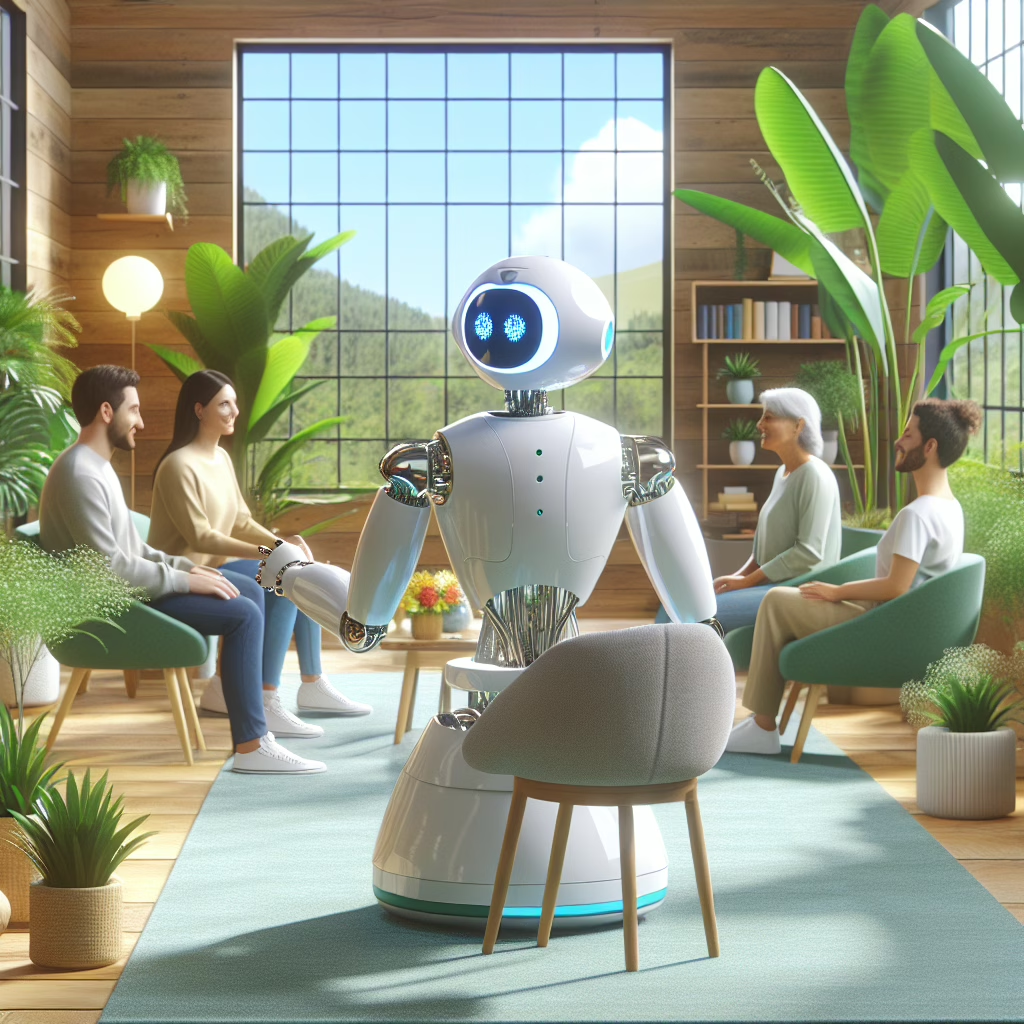In the ever-evolving landscape of mental health treatment, where every day seems to bring a new cocktail of medications or therapies, one shining star is emerging from the digital cosmos: ChatGPT. Yes, you read that right! This AI marvel is stepping into the ring with mental illness medications in 2025, promising to make our understanding of these treatments not only more effective but also a bit more entertaining.
ChatGPT: Your AI Companion in Mental Health
Imagine having a trusty sidekick who knows all about your medication and can answer your questions faster than you can say “Where did I leave my keys?” That’s ChatGPT for you! This AI has been trained on a plethora of information related to mental health and medications, allowing it to provide valuable insights. Whether you’re dealing with anxiety, depression, or something else entirely, ChatGPT offers a fresh perspective that might just change the way we think about medication management.
So, what’s the deal? In 2025, mental illness medications are becoming more personalized thanks to advancements in technology and data analysis. But let’s face it; sometimes, understanding what all those tiny pills do can feel like deciphering an ancient language. Here’s where ChatGPT steps in like a superhero with a cape made of user-friendly explanations.
The Power of Personalized Medicine
Gone are the days when everyone received the same dosage like it was a one-size-fits-all sweater. With personalized medicine on the rise, mental illness medications are tailored to fit individual needs. ChatGPT helps bridge the gap between complex medical jargon and everyday language, making it easier for patients to grasp their treatment plans.
By analyzing data from various sources—including clinical studies, patient experiences, and even social media chatter—ChatGPT can provide insights that are both relevant and relatable. Picture this: You ask ChatGPT about side effects or interactions with other medications. Instead of receiving a dry textbook response, you get an engaging answer sprinkled with humor! Who knew learning about your meds could come with a side of giggles?
Addressing Common Concerns
Now let’s address the elephant in the room: side effects. Mental illness medications often come with their own set of quirks—like that awkward friend who shows up uninvited to every party. ChatGPT can help demystify these concerns by providing clear information on what to expect from your medication journey. Want to know if that new antidepressant might turn you into a couch potato? ChatGPT has your back!
It’s not just about answering questions; it’s also about fostering a safe space for individuals to discuss their feelings regarding treatment. Using AI like ChatGPT can encourage open dialogues about mental health—because let’s face it; we could all use a little less stigma and a lot more support.
The Future is Here: AI Meets Mental Health Medications
As we look toward the future, we must acknowledge that technology is reshaping our approach to healthcare—and mental illness medications are no exception. The integration of ChatGPT into treatment plans signifies a shift toward more interactive and engaging patient care.
In 2025, imagine visiting your therapist and discussing medication options while having ChatGPT right there as your co-pilot. It could help you track your progress, remind you when it’s time for refills, or even suggest lifestyle changes that complement your medication regimen. Talk about multitasking!
Empowering Patients Through Education
The real magic happens when patients feel empowered through knowledge. With access to accurate information from ChatGPT, individuals can take charge of their mental health journey. No more feeling like a passive participant in your treatment; instead, you become an active player calling the shots!
This empowerment doesn’t just improve adherence to mental illness medications but also boosts overall well-being. When patients understand their treatment options and feel supported by technology, they’re more likely to stay engaged in their recovery process.
The Road Ahead
As we navigate this brave new world of AI-enhanced mental health care, it’s crucial to remember that technology should complement—not replace—the human touch in therapy. While ChatGPT can provide invaluable insights into mental illness medications and treatment strategies, human professionals remain essential for emotional support and nuanced understanding.
So here’s to 2025! A year where ChatGPT not only becomes your virtual buddy but also plays a significant role in reshaping how we think about and manage mental health treatments. Imagine a world where discussions about mental illness medications include laughter instead of dread—a world where knowledge truly is power.
What are your thoughts on this exciting blend of technology and healthcare? How do you see AI like ChatGPT transforming the way we approach mental illness medications? We’d love to hear from you in the comments below!
A big thank you to Futurism for inspiring this exploration into the future of mental health treatments!

